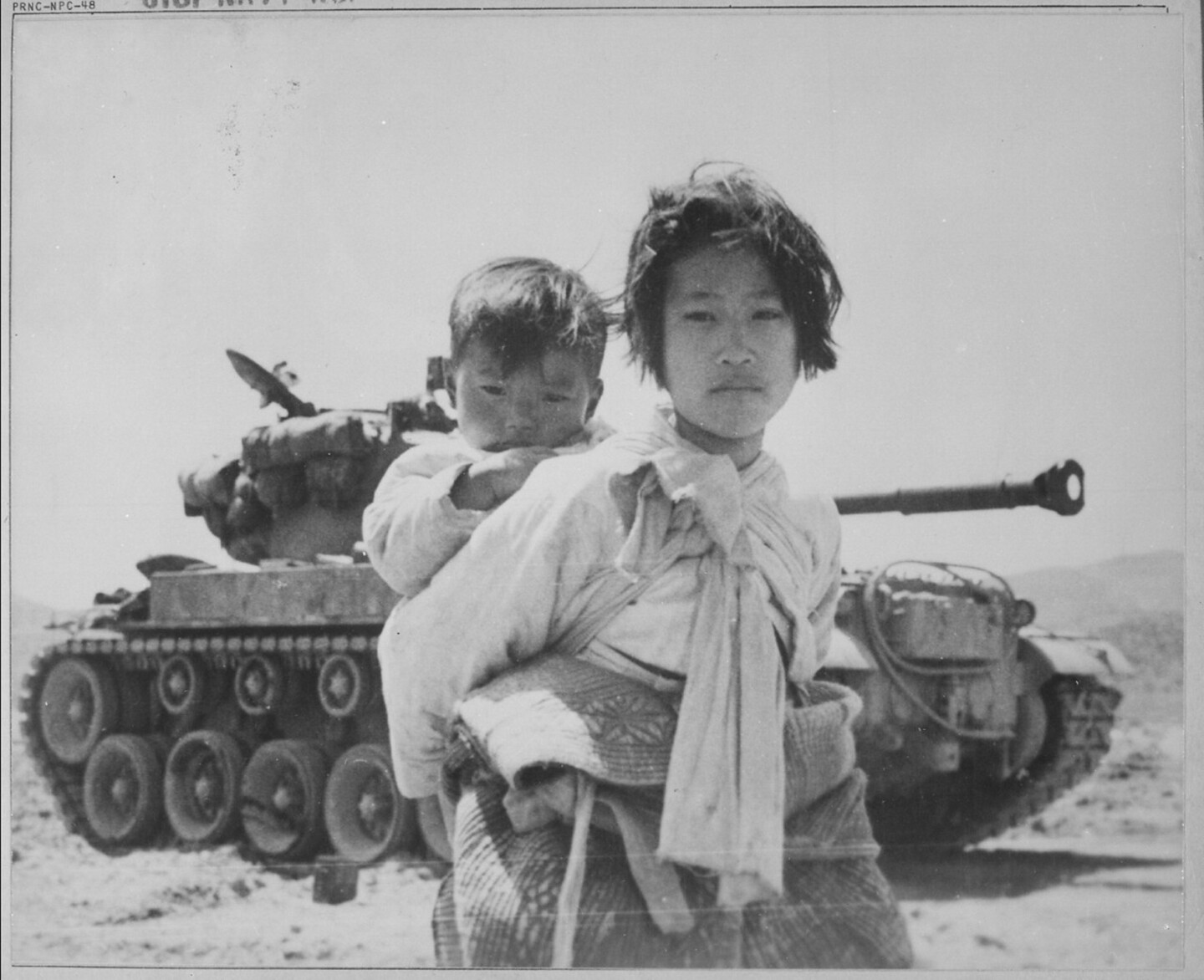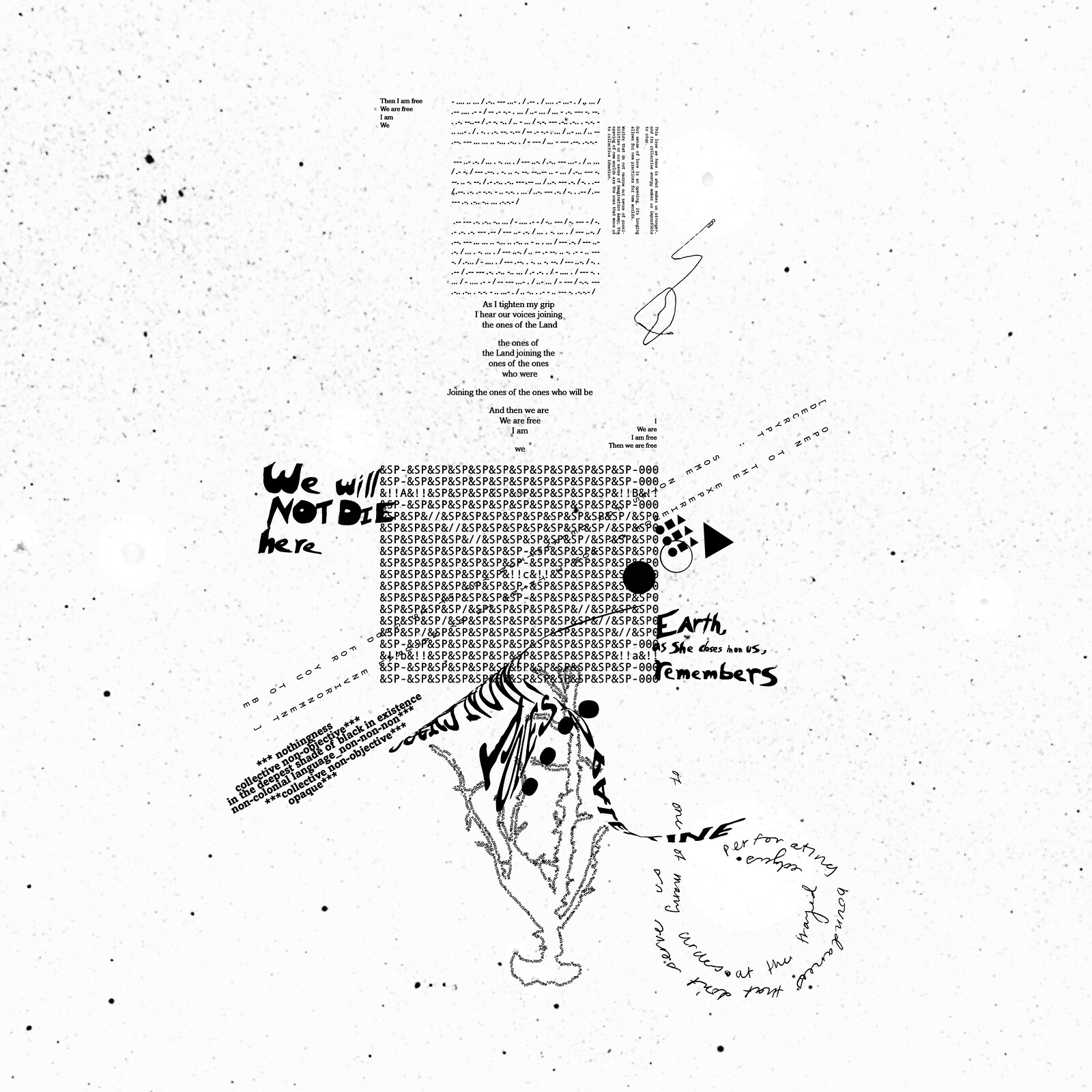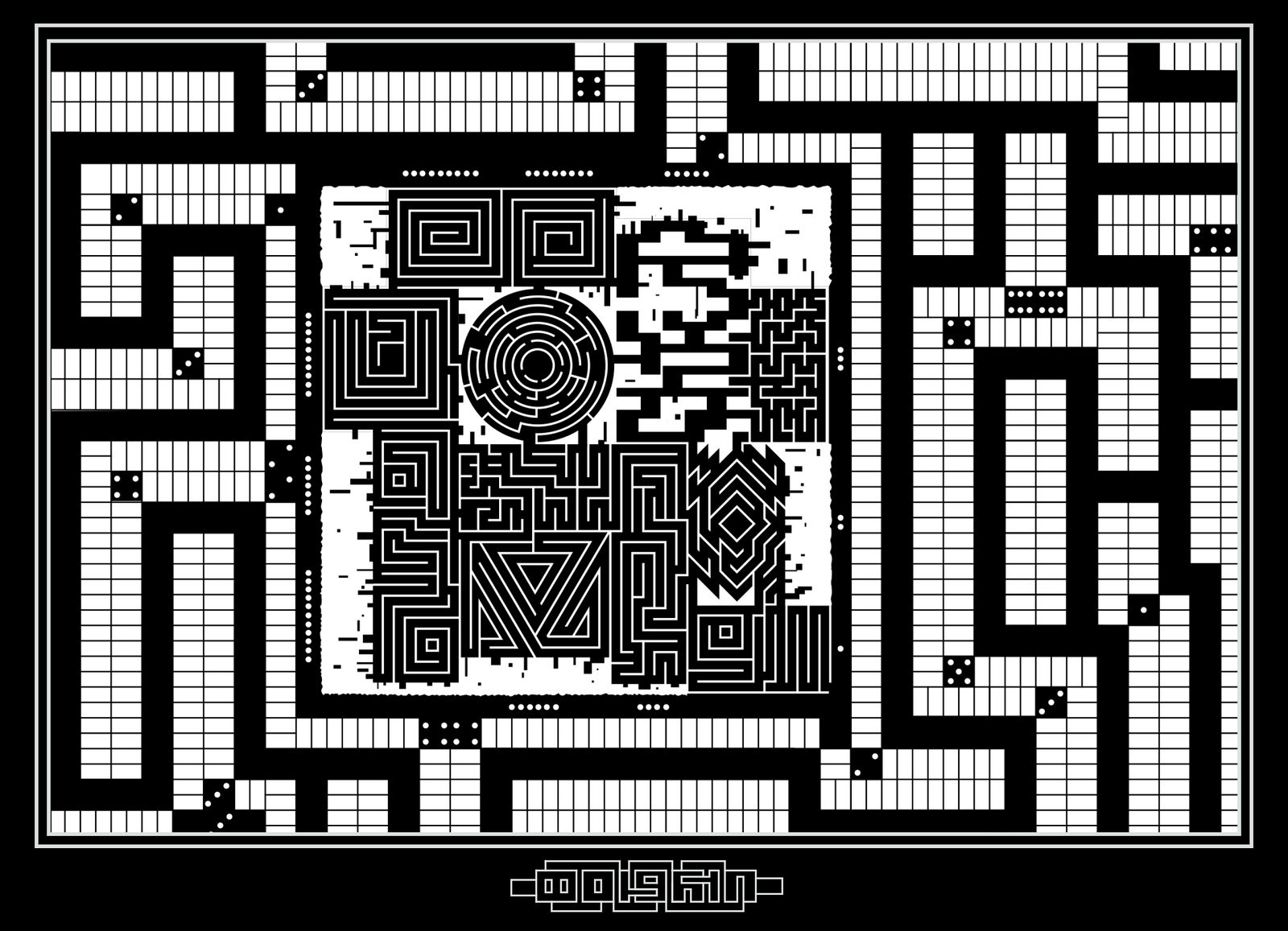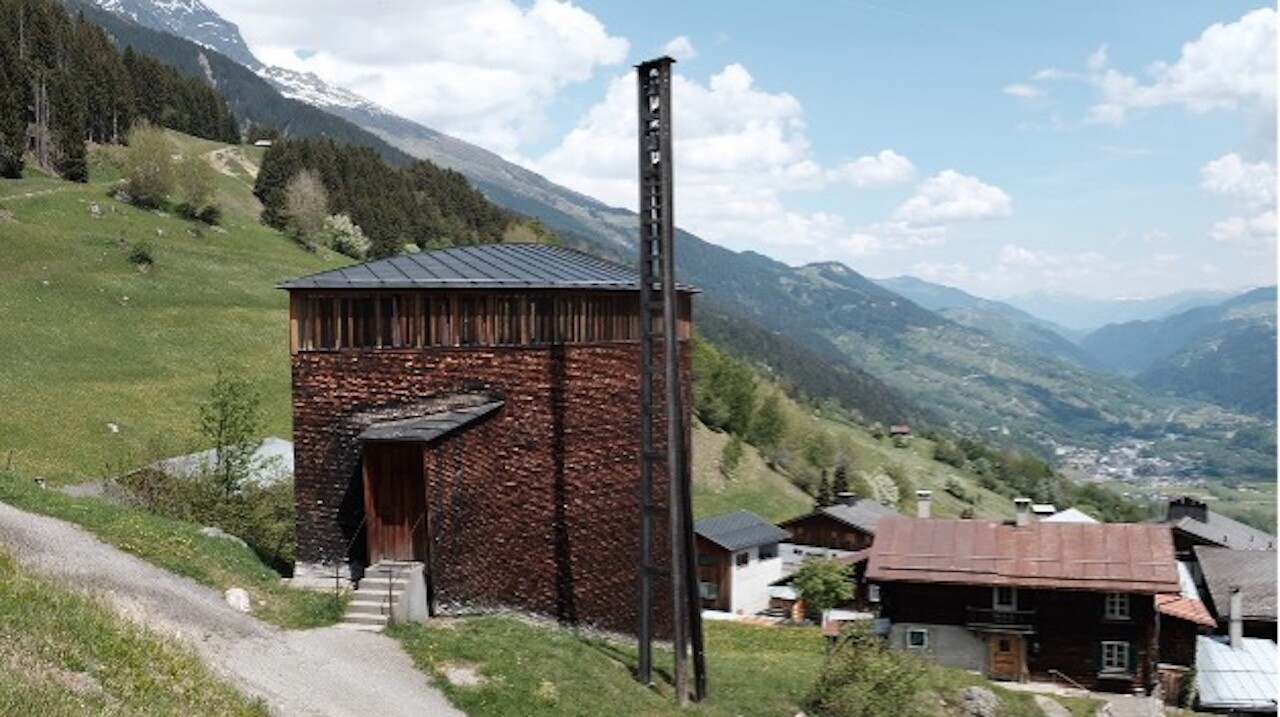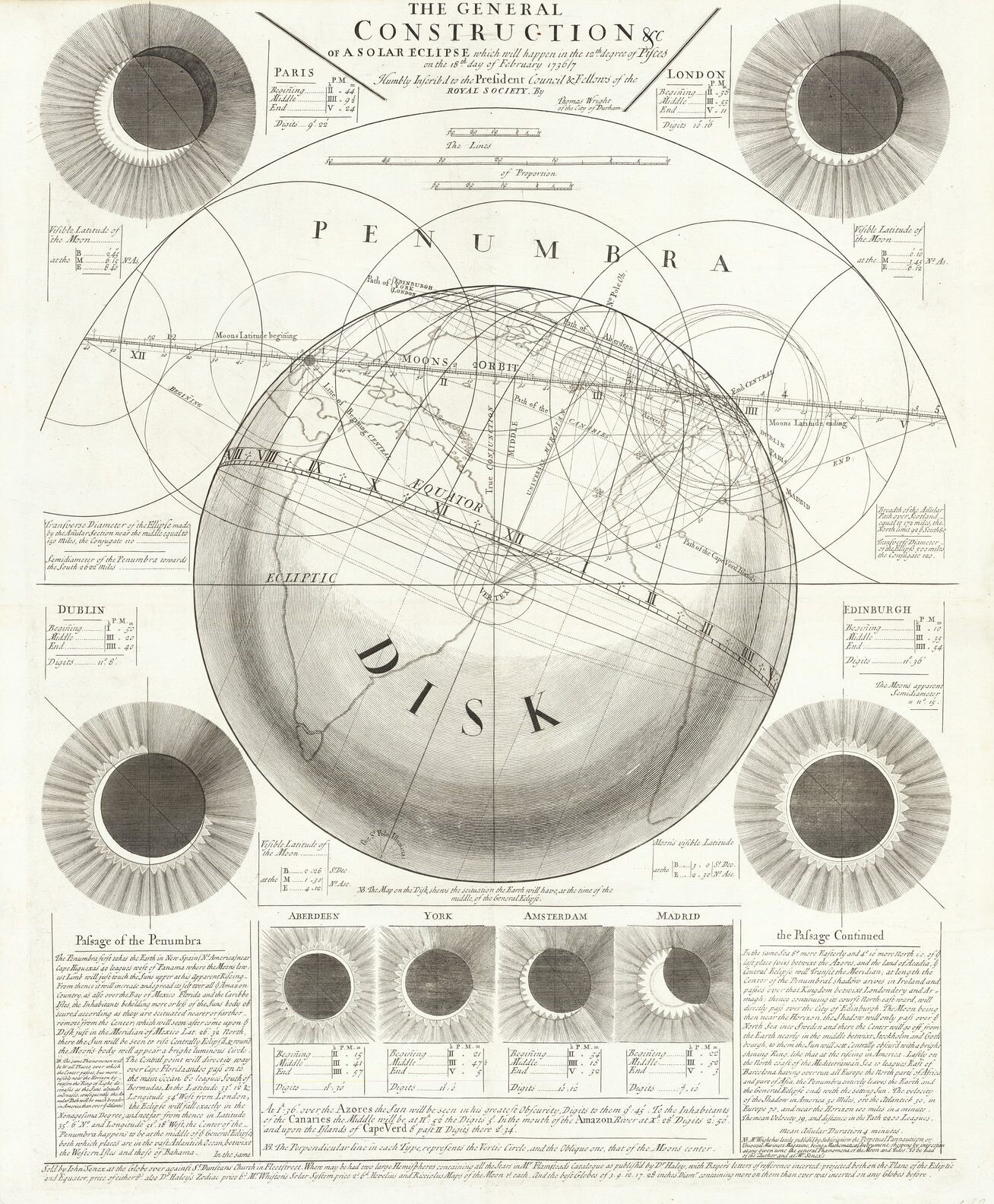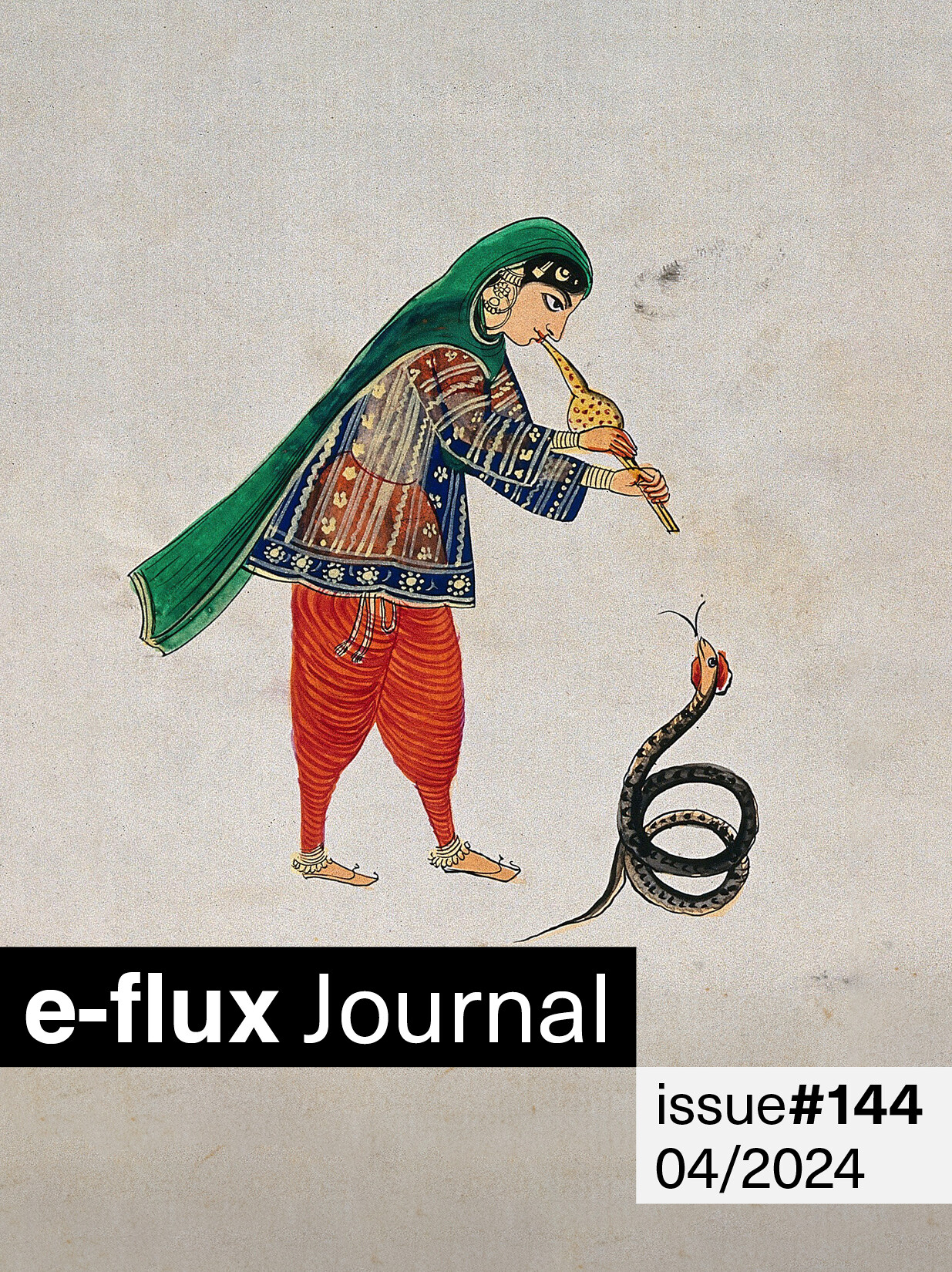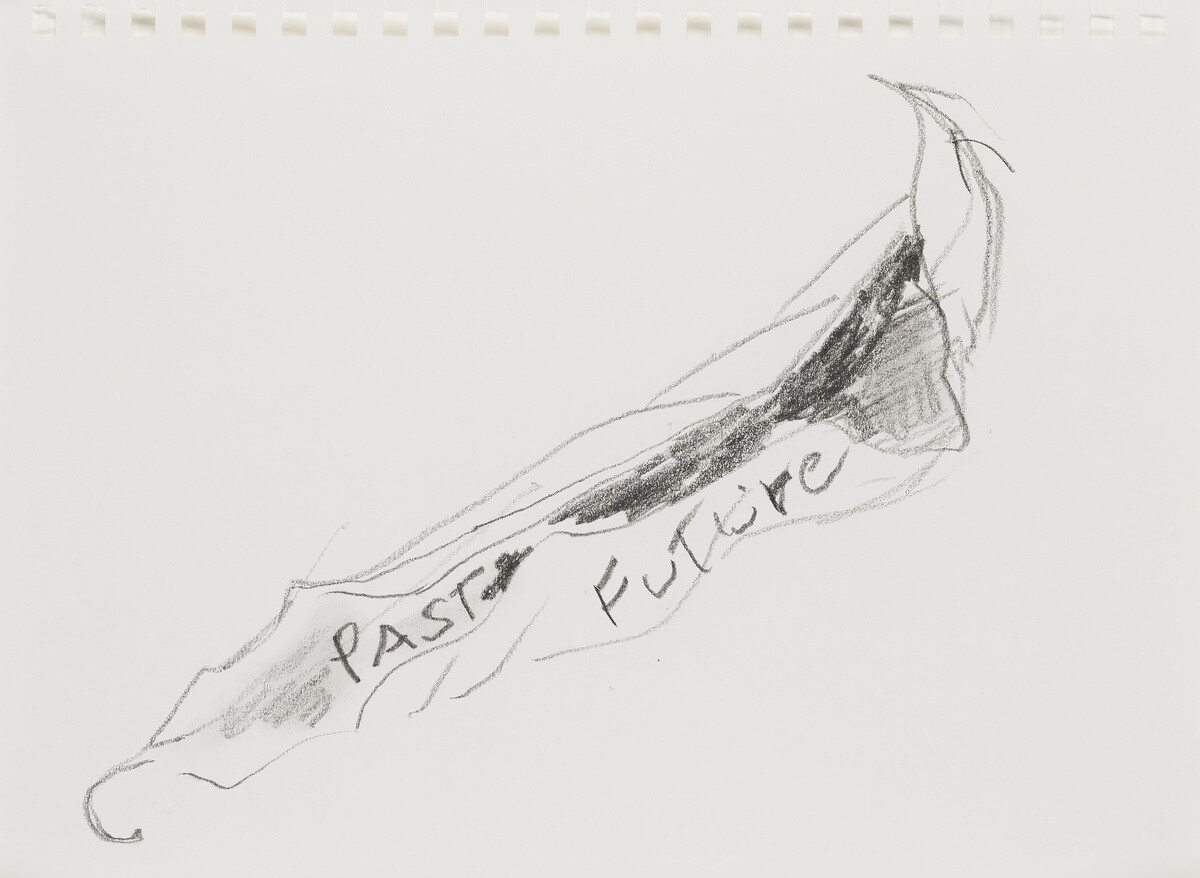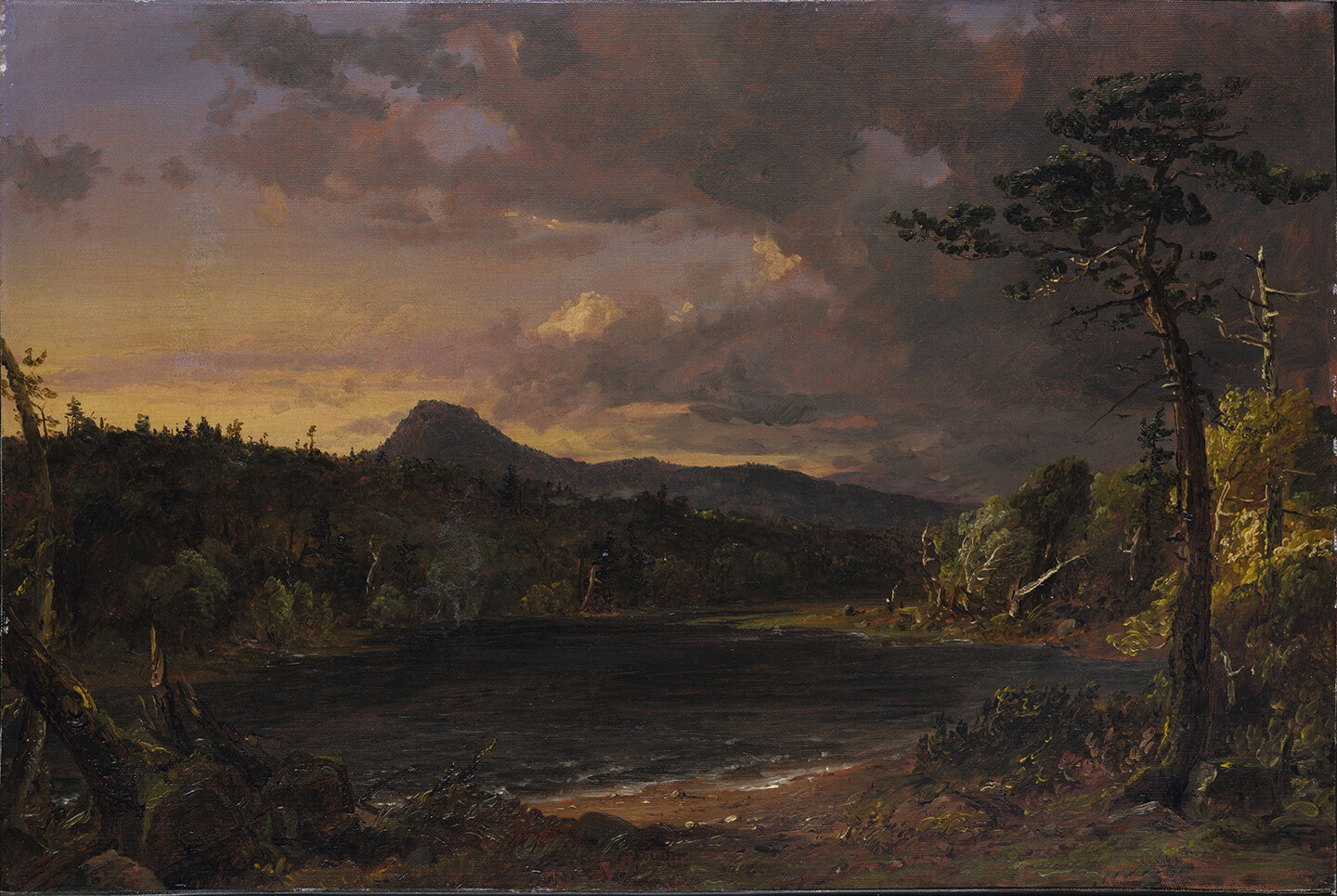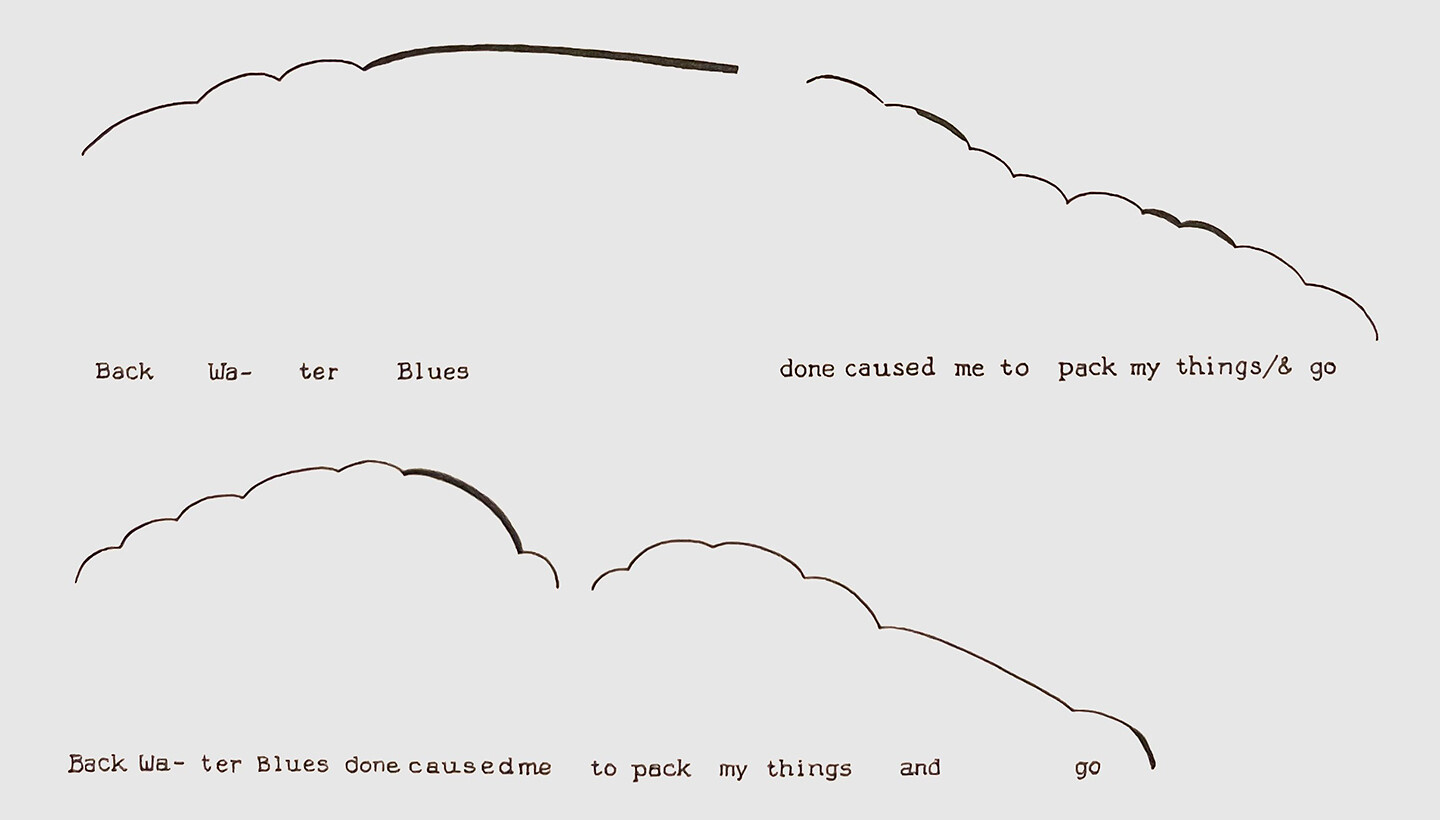Platonov is reading aloud,1
reading “Fro”
in the spacious apartment of Kornely
Lyutsianovich Zelinsky,2
just by the Moscow Arts Theatre.
“A grand little hut!”
he said afterwards,
without a trace of envy.
Platonov reads with animation.
I had not heard of Platonov.
I know nothing of his ways,
of his way in life.
“That’s splendid!” I blurt out,
unable to contain myself,
when he reads the last page.
Piercing eyes,
and on his lips—kindness
and irony, irony
and kindness. Wary,
Platonov says nothing.
“Yes, but hardly relevant
to the needs of our time,”
Zelinsky concludes softly,
meditatively. Head ever
so slightly
tilted to one shoulder, he is all
heartfelt tenderness, forever
warm, sweet, and compliant.
We talk a little more, drink tea
with sugar, with small bagels.
And we sit there for a while,
eyes sliding over the bindings
of the books in the rich,
well-cared-for library
that resembles its owner.
Platonov gets to his feet.
I do the same.
We run—fly—hurtle
down the stairs
and wander for a long time
about Moscow.
There are a lot of cars.
Which are Black Marias,
we don’t know. We don’t
discuss this, but we know
we both think about it
and think about
how we both know this.
“And you? Can you
make out
what’s relevant
to the needs of our time
and what isn’t?”
Platonov asks, boldly,
on Bolshaya Ordynka.
I’m twenty years old. Wet
behind the ears. “No,”
I reply. I feel ashamed
of my answer, but it’s the truth.
“Precisely!” A pause. A look.
A pause. “Stay like that.
Don’t change.” Platonov falls
silent, withdraws into himself,
then says, “In fifty years’ time,
who knows, it may perhaps
become clear
what era you and I live in
and what name
should be given it. But,
more likely, it will
be given many different names—
some very strange—
chosen by the grandchildren
of those in power at this hour—
the grandchildren, I should say,
of everyone living today.”
He was walking fast,
not looking from side
to side, holding his head
up high,
with its high cheekbones
and flinty chin.
Andrei Platonov (1899–1951) is one of the greatest Russian writers. His longer works were published only long after his death, but the short stories he published during his lifetime are no less remarkable. “Fro“ is one of the most charming and tender of these. Most of Platonov’s best short stories and short novels have been translated by Robert and Elizabeth Chandler, in collaboration with Olga Meerson and other translators, and published by NYRB Classics and Vintage Classics.
Kornely Zelinsky (1896–1970) was a Soviet literary critic, of great influence from the early 1930s until his death. In 1940 he wrote a damning internal review of a collection of poems that Tsvetaeva, recently returned to the Soviet Union, was trying to publish. He also played an important part in the public attacks on Pasternak in 1958, after Doctor Zhivago had been published abroad.
Subject
Translated from the Russian by Robert Chandler.
This poem will appear in the forthcoming collection Lev Ozerov: Portraits without Frames, translated by Robert Chandler, Boris Dralyuk, Maria Bloshteyn, and Irina Mashinski (NYRB Classics, November 2018).
